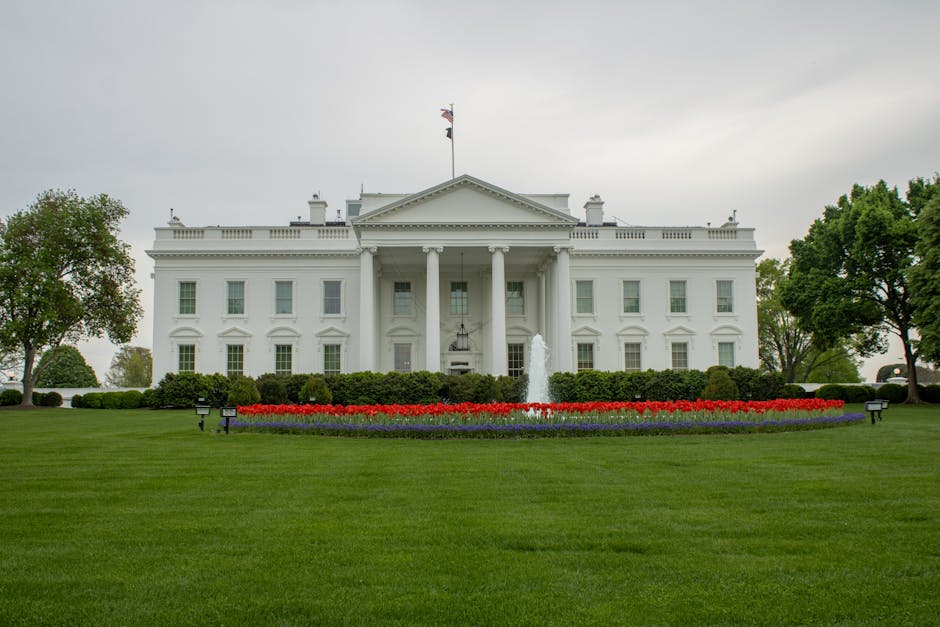In the intricate weave of North Carolina’s legal and political tapestry, a superior court judge recently took a bold stance against accusations of bias in a lawsuit that has captured the attention of both the casino industry and political observers. This case, stemming from former Rockingham County Commissioner Craig Travis’ allegations against GOPAC and other political figures, highlights the complex interplay between politics, the casino industry, and judicial integrity.
The Heart of the Controversy: Bias Allegations Unfold
At the center of this legal drama, accusations of bias were levied against Judge Hoyt Tessener, who emphatically denied such claims, stating, “I do not have any relationships with any of the parties. I do not even know them.” This declaration came during an appeal hearing, underscoring the judge’s commitment to impartiality amidst the heated lawsuit.
“In the realm of justice, impartiality stands as the bedrock principle, guiding the scales to balance,” Judge Tessener remarked, addressing the bias allegations with unwavering clarity.
Unfounded Claims Lead to Professional Repercussions
The lawsuit’s intricacies deepened as Tessener announced intentions to report Travis’ attorneys to the NC State Bar for potential disciplinary action, citing the baseless nature of their bias claims. This move underscores the legal and ethical standards expected in judicial proceedings, highlighting the consequences of unfounded allegations.
The Allegations: A Plot to Pave the Way for Casinos
- Accusations Against Political Figures: Travis accused GOPAC, several Rockingham County Commissioners, and other entities of colluding to facilitate casino developments by the Cordish Companies in Anson, Nash, and Rockingham counties.
- Claims of Defamation: The lawsuit alleged a smear campaign aimed at undermining Travis’ 2024 reelection bid, with damages sought exceeding $100,000.
Despite these serious allegations, Judge Tessener found no substantial evidence to support the claims, further distancing himself from any involvement with the Cordish Companies or casino discussions.
Financial Contributions and Judicial Integrity
The case took an intriguing turn with revelations of Tessener’s financial contributions to political figures closely related to the lawsuit. Despite donating $6,600 to Senate President Pro Tempore Phil Berger’s congressional campaign and $1,000 in 2017, Tessener maintained his impartial stance, illustrating the complex dynamics at play between political contributions and judicial integrity.
“The essence of judicial integrity lies not in the absence of personal beliefs or political contributions but in the ability to adjudicate without bias,” Tessener asserted, reinforcing the judiciary’s commitment to fairness.
Implications for North Carolina’s Casino Landscape
This legal saga unfolds against the broader backdrop of potential commercial casino developments in North Carolina, a state currently home to three tribal casinos. With significant political figures retracting pro-casino rhetoric amid public dissent, the future of casino expansion in the state remains uncertain. This case not only highlights the intertwined nature of politics and the gaming sector but also emphasizes the critical role of judicial integrity in navigating such contentious issues.
Conclusion: A Testament to Judicial Fairness Amid Political Controversy
The unfolding legal narrative in North Carolina serves as a poignant reminder of the challenges and responsibilities inherent in the judicial process. As stakeholders from various sectors watch closely, the case reaffirms the judiciary’s role as a bulwark against bias, underscoring the importance of integrity in the face of political and commercial pressures. For more insights into the challenges faced by the casino industry, consider exploring the settlements and legal battles that shape its landscape.










Leave a Reply